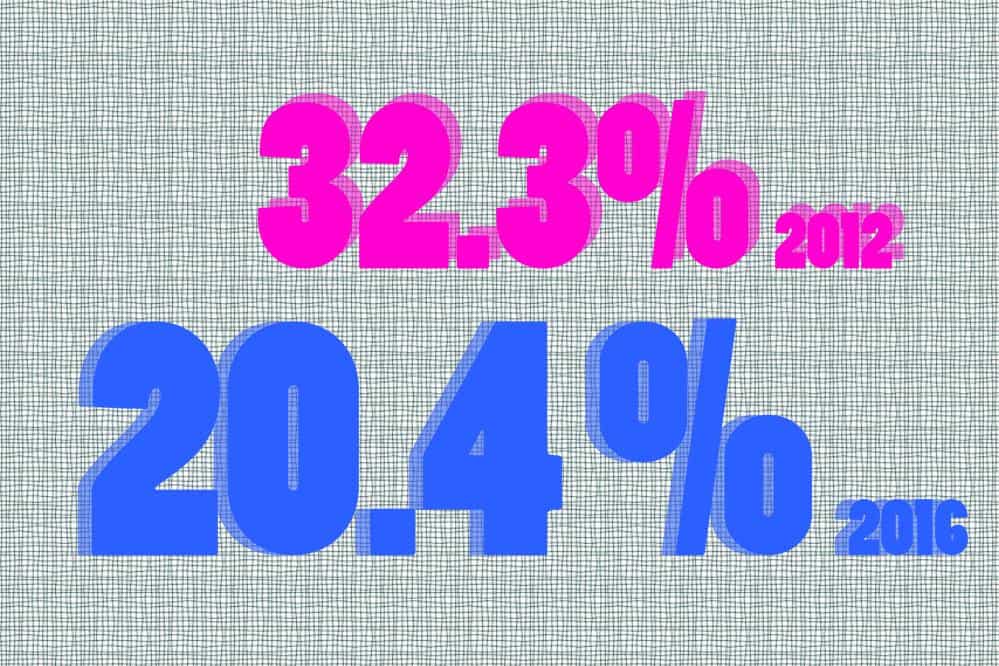No clear answers for low voter turnout

author: ethan williams | contributor

credit ella mikkola
Why won’t anyone think of the municipal elections?
It was an easy victory for Regina mayor Michael Fougere on Oct. 26. However, recently released voter turnout figures show that it wasn’t exactly a good representation of the entire city’s population. According to electronic voting machines that tabulated results from the vote, only 20.4 per cent of eligible voters came out to voice their choice, and according to the CBC, that’s down from 32.3 per cent in 2012.
So why is there low attendance at the polls? Jim Nicol is Chief Returning Officer for the City of Regina, and gave his insight as to why this may have been so.
“One reason could be people believe to some extent that there’s fatigue out there. There was a federal election last October and there was a provincial election last spring,” stated Nicol.
Nicol says that although turnout was low, they tried their best to place emphasis on reaching younger voters.
“People running for office have to reach young people in particular, but we have to find ways to reach them. That’s why we tried reaching out on social media.”
When asked if most people were simply disinterested with municipal politics, Nicol didn’t believe that was the only case.
“There are different schools of thought out there where some would argue that there is a general lack of interest. Others would say that there’s a general satisfaction on how things are being run,” said Nicol.
He also had a message for voters, saying that there are dynamic contrasts between elections here and those in developing nations.
“When you look around the world and reflect on emerging democracies where people will stand out in the blazing sun for two days to cast a ballot for the first time, you think ‘wow, how come we can’t create some sense of civic pride or responsibility or duty for that?’”
Nicol says that electronic voting, something that was used for this election, may help improve turnout at the polls next time. Although he mentioned that there was a difference in the number of polling stations per ward this time, he doesn’t believe this had a marginal effect on general turnout.
“We used to have six polling stations per ward. We now have three stations per ward. Having six was double the expense because you need twice as many materials and twice the amount of workers, but that doesn’t necessarily correlate that fewer people voted. Today is a very mobile society. People are out and about all the time. We made the decision to reduce the number of polling stations to three on Election Day, but we opened up more advanced polling stations, and this year we had them over four days.”
However, it seems on campus that many did try to get out and vote. Anna Dmyterko is one of those who did.
“I voted because I think it’s important to express your opinion to make your city how you think it should be,” said Dmyterko.
In terms of the importance of municipal politics, she had this to say:
“I think it’s important, but I don’t think everyone realizes that, though.”
Sarah Rankin is another student who went to the polls. She feels it is important to have your voice heard.
“I think that when you become the legal age to vote then you have a responsibility to. A lot of people don’t think it matters, but one vote could change a lot,” said Rankin.
She also believes civic politics should be in everyone’s best interest.
“It’s important because it impacts where you live and how your family lives. It’s where you spend the majority of your time and everyday life.”
In the meantime, if you are tired of municipal politics, you have a few years to catch your breath. The next one won’t be until late Oct. 2020. Time will only tell as to what turnout will be like for that election.









